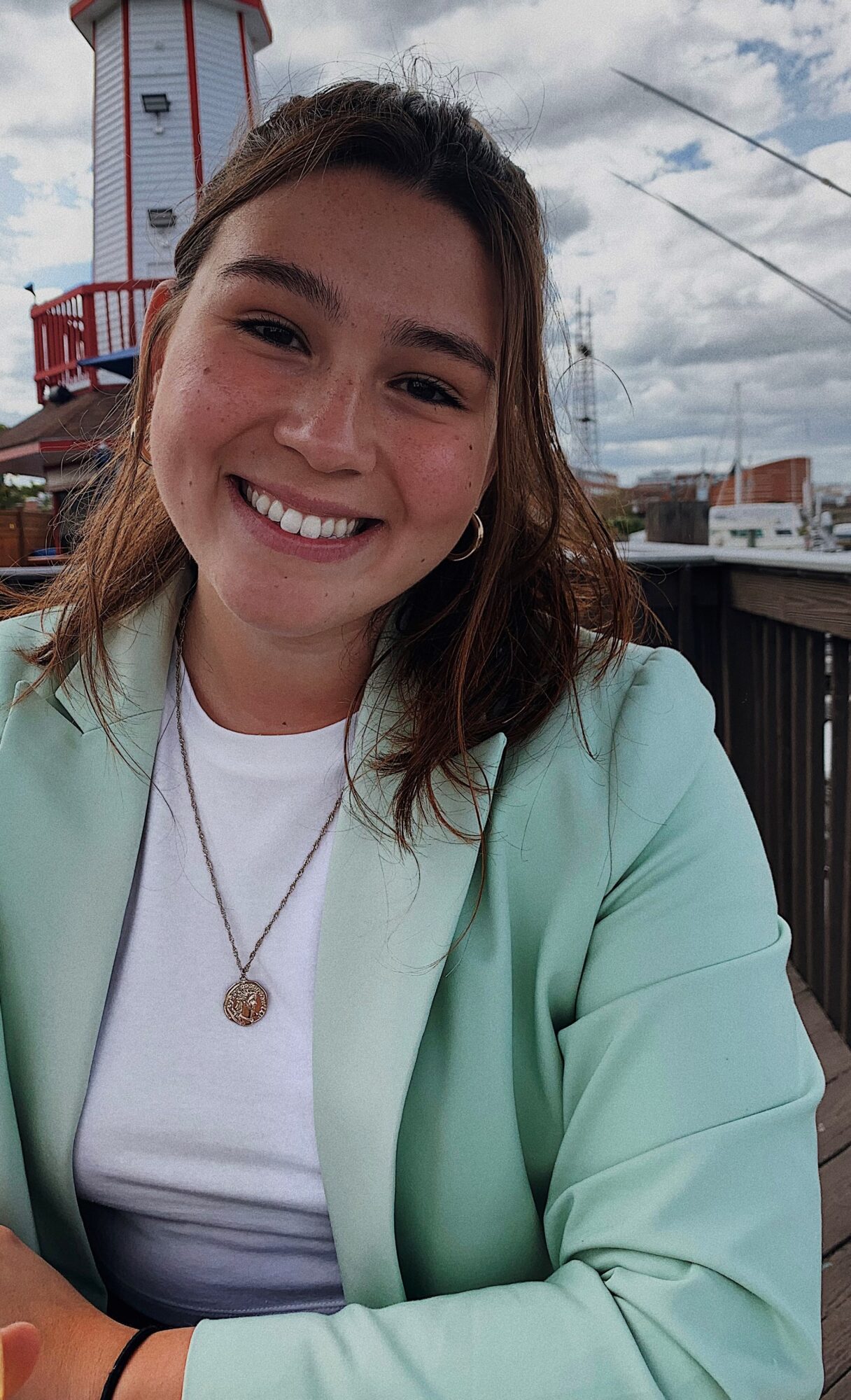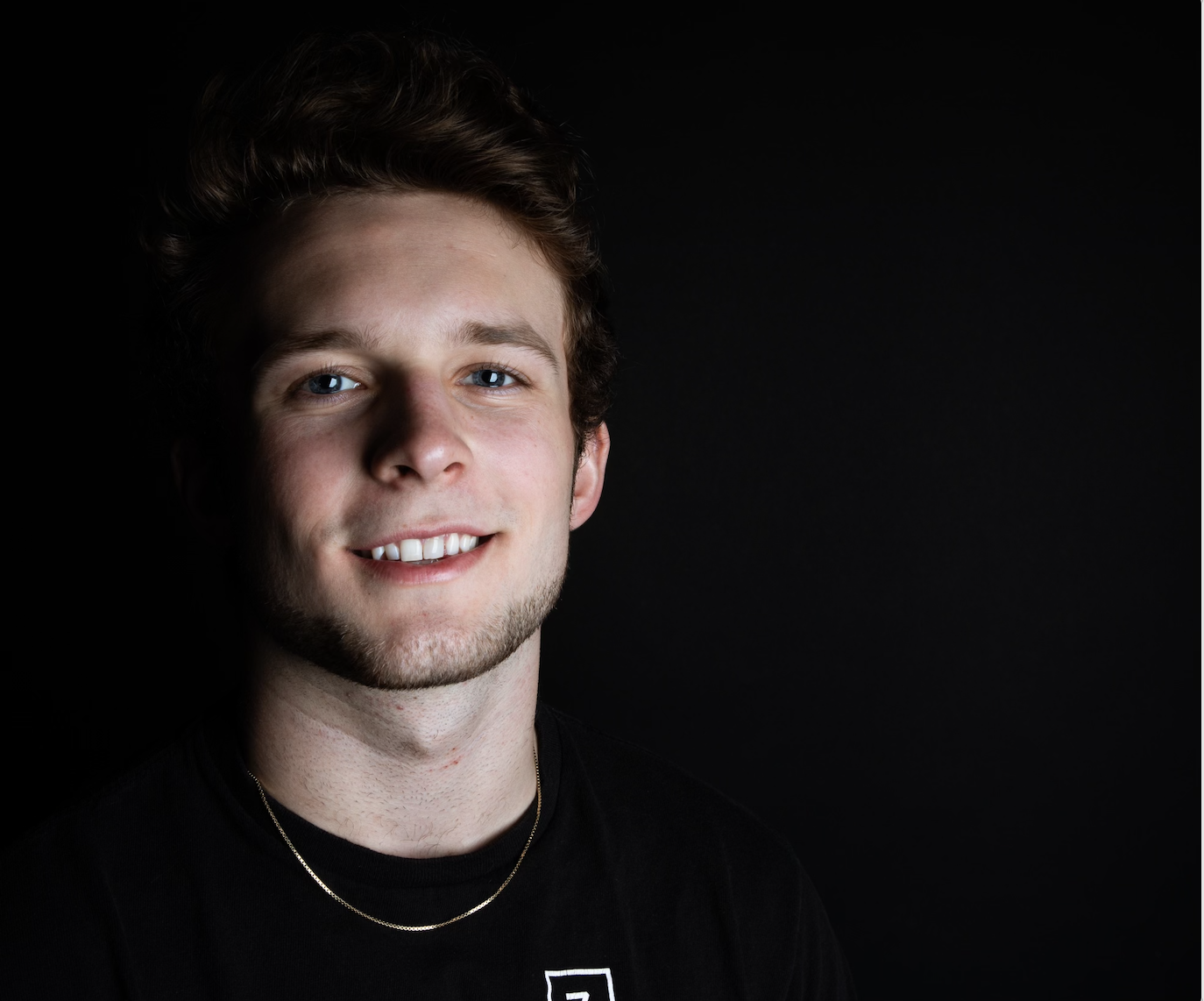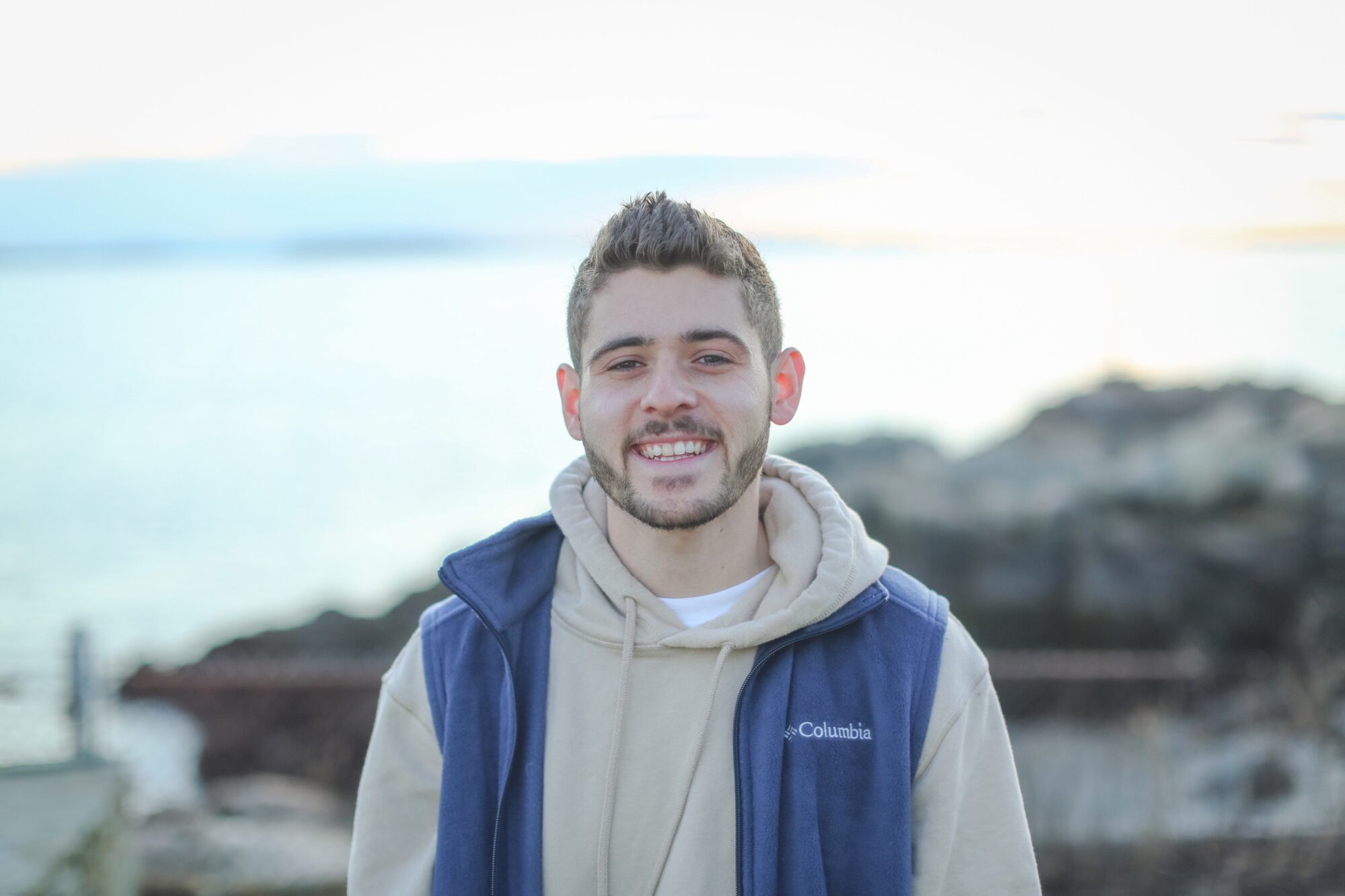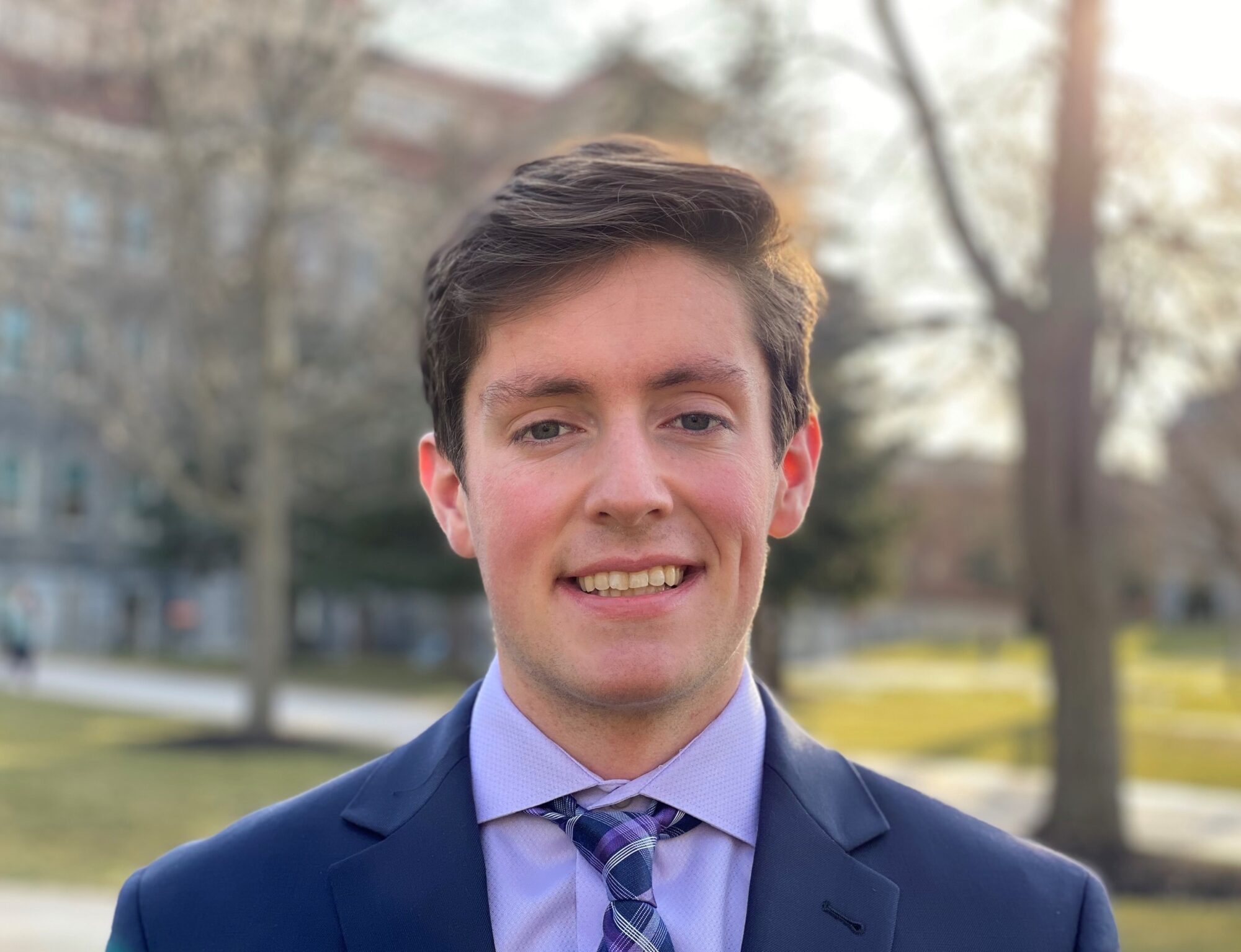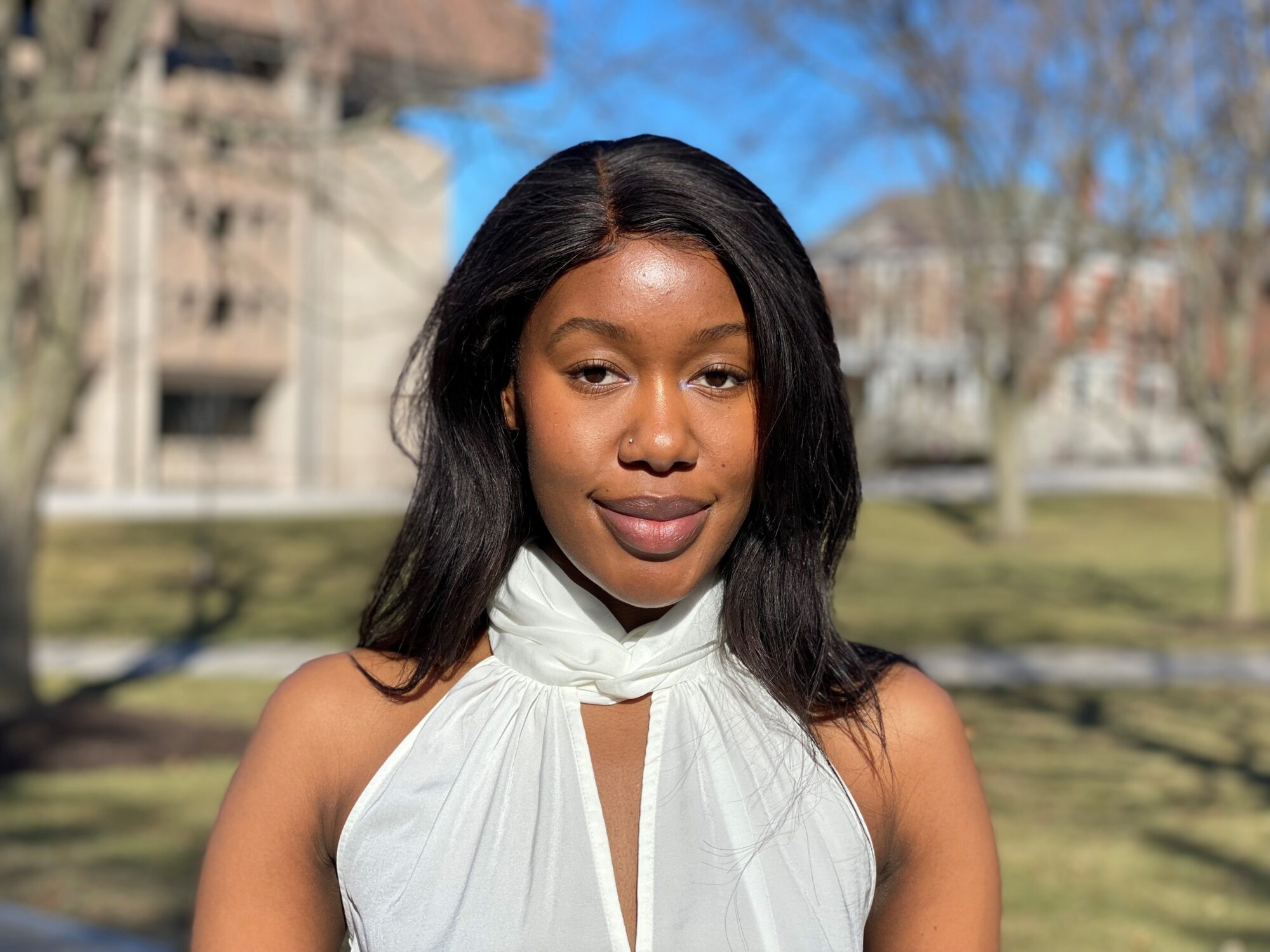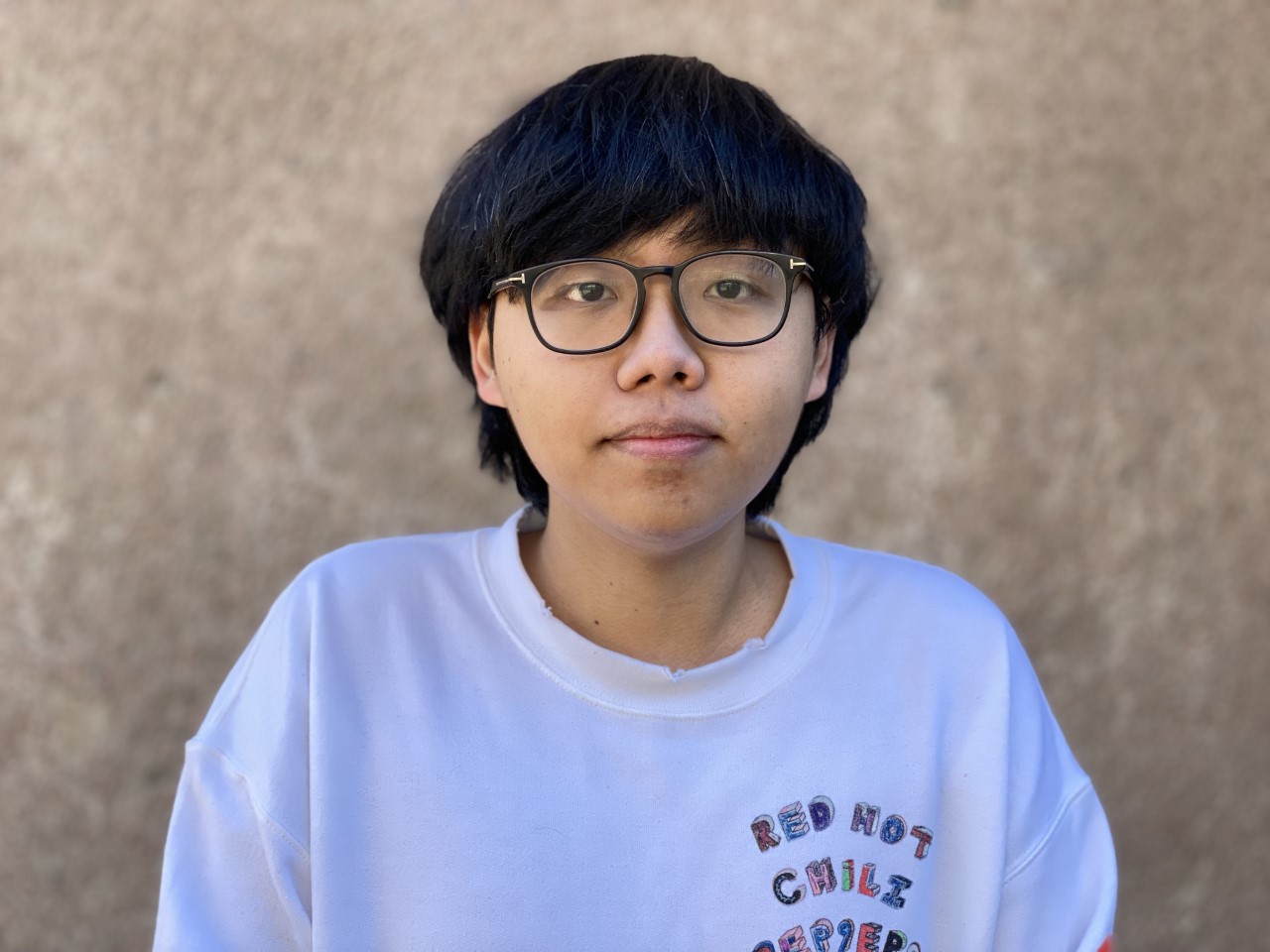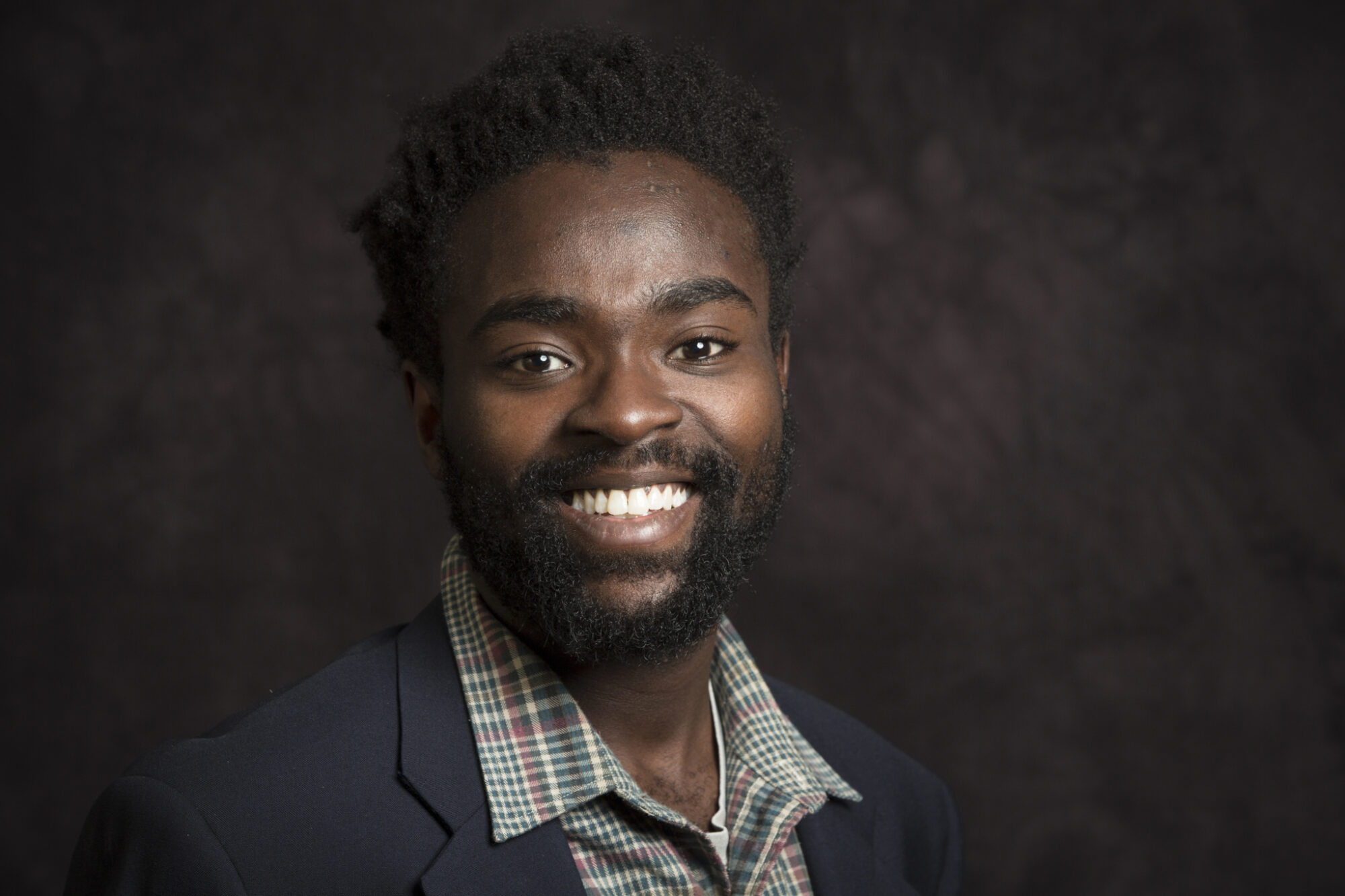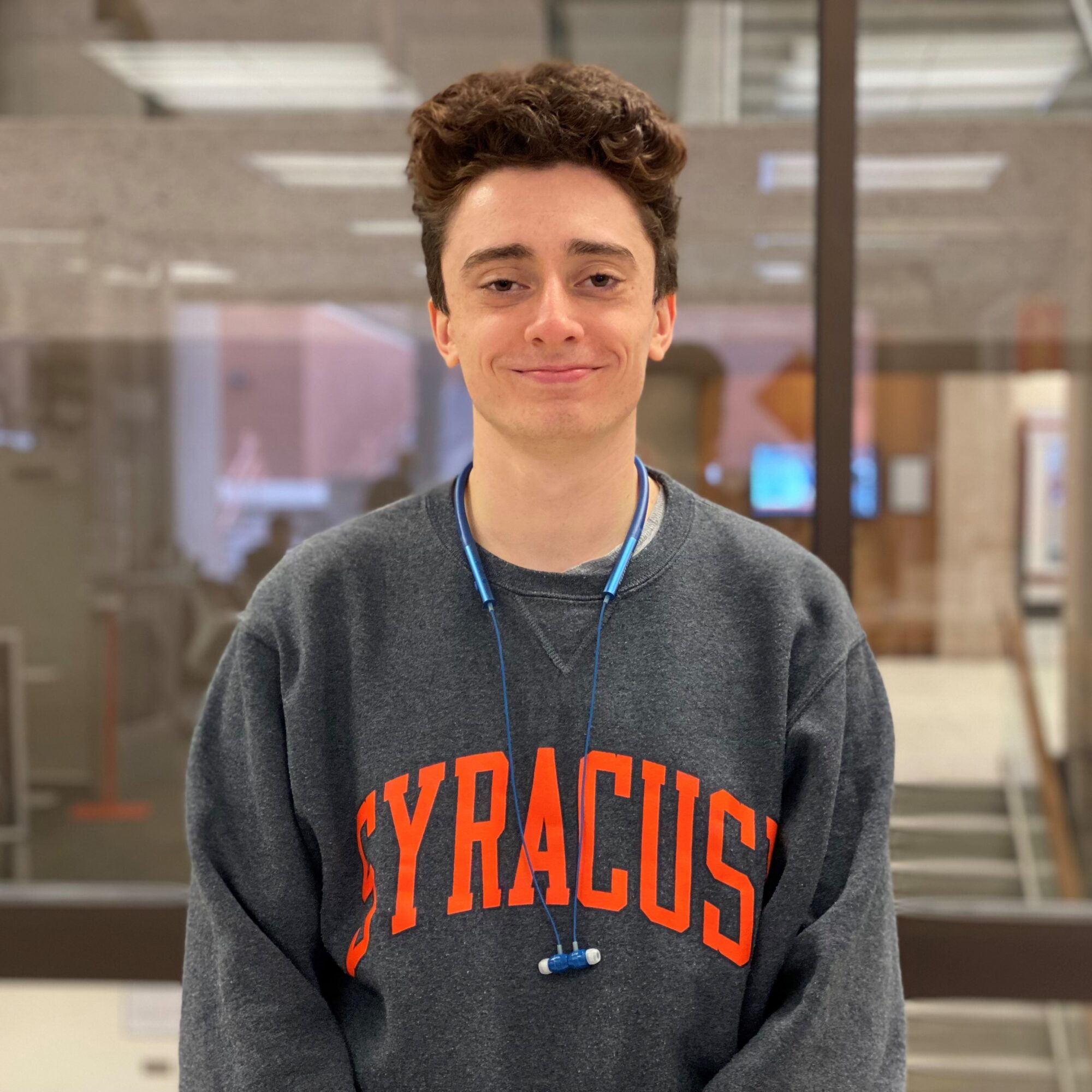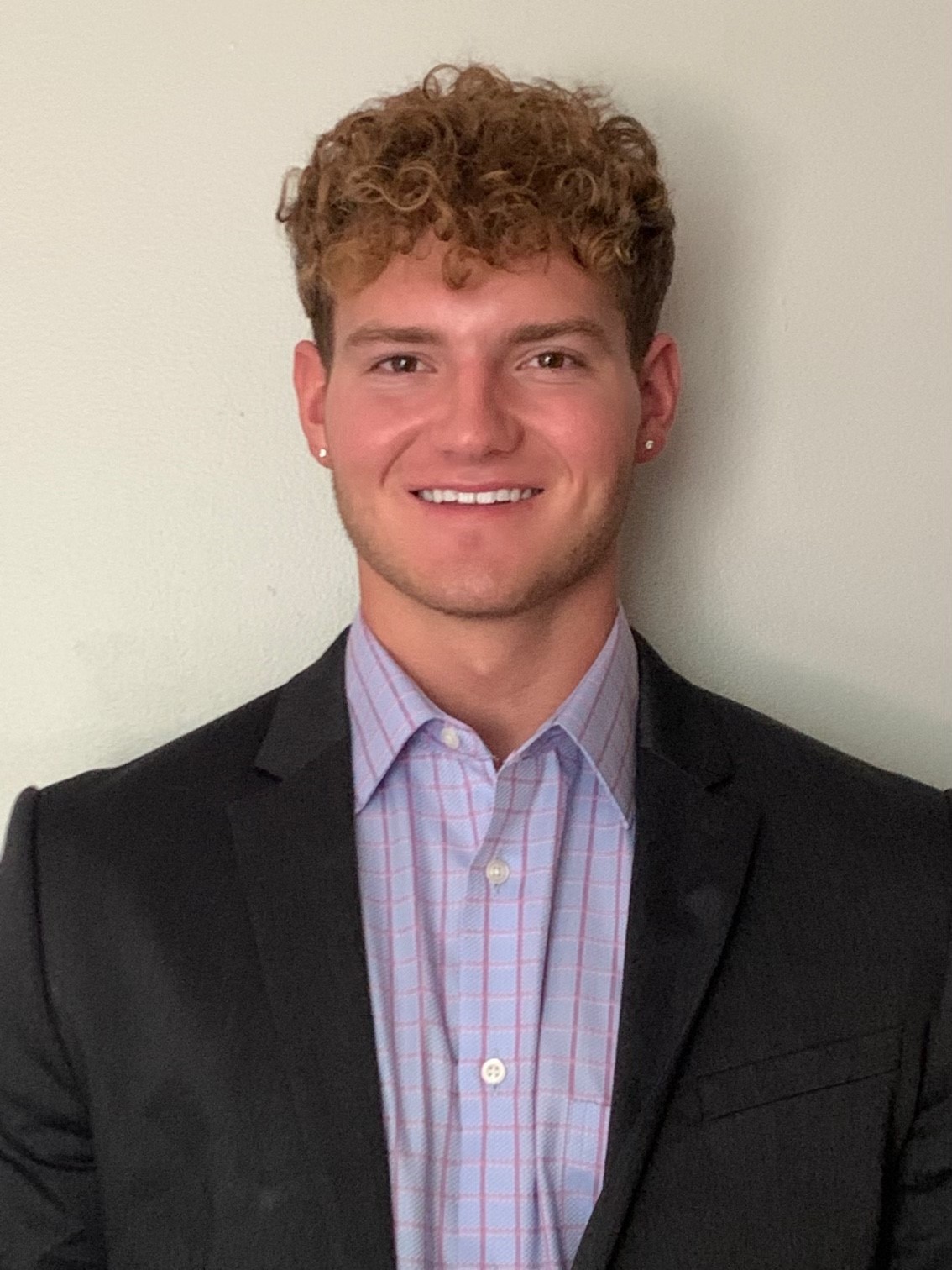
It takes a dreamer to go out on his own and embrace a wave of innovation. It takes beating the naysayers and those who embrace the traditional model. It takes an entrepreneur who is willing to embrace uncharted territory. Zach Morrison ’24 is majoring in finance and real estate at Whitman, yet there is more at the surface. Inspired by the momentum of the blockchain and crypto space, Zach sees opportunity in the horizon. Financial technology like blockchain lies at the intersection of the new wave of tech influencing finance. Gen Zers like Zach are at the forefront of new frontiers such as the Metaverse and NFTs.
Zach is embracing this through his latest project, Hazy Honey Badgerz. Through his work with his newly minted NFT collection, it is clear he has ambition but is also a visionary that is intellectually curious.
Zach believes moving forward is a mindset because a successful person is only a loser who keeps trying with the same enthusiasm despite setbacks. Zach values building networks and utilizing resources. Progressing every day is important, a lesson he learned in football. Being able to give back is important to him because sharing a wealth of knowledge with other people can create impact.
Zach sees himself as an entrepreneur because of his mindset, just being able to explore opportunities from a different angle. The spark of interest in blockchain emerged from a growing conversation around privatization and ownership of data. Zach said, “The freedom of transferring data and information without the approval of the middleman is the core value proposition of blockchain.”
His speculations are a product of “Increase in the awareness of being independent of not only your own money but information” felt among Gen Zers like himself. In an example, he explains “We used to have stockbrokers to buy and sell shares of an asset, now we have it at our fingertips.”
The path of entrepreneurship can be lonely at times however Zach finds life in the Blackstone LaunchPad because it is a community of big ideas. The collaborative community healthily reinforces the work ethic he learned as an adolescent. From an early age he would go to people in the neighborhood and politely ask to mow lawns to earn cash which influenced him to see money as a tool.
No one can tackle world problems alone. Diversify groups and teams to apply the core foundation of entrepreneurship. Team members that are equally driven but think from different perspectives can create a full circle though process Mentors have shown him there is more in the world for the taking if you apply yourself. Think of a problem then come up with solutions. “If you fall seven times, stand up eight,” is a saying in the LaunchPad.
Zach over the past semester has been working on a Solana NFT collection titled Hazy Honey Badgerz. Hazy Honey Badgerz plans to expand its members mainly through social media channels such as Discord and Twitter. Staying true to the company’s mission is integral to its success because of its reliance on brand identity. Hazy Honey Badgerz is opening a door that will bring more people into it the Solana blockchain and NFT space. The platform is communal based because the community can vote to choose guest speakers and events to host. At the core of the NFT backed startup is an invitation to an exclusive community that exposes you to more opportunities.
For the summer of 2023, Zach wants to explore his options at banks such as Citibank, Goldman Sachs, JP Morgan, or Morgan Stanley because of the new crypto and alternative digital asset divisions being built at these institutions. Every day in the news, crypto and the new wave of technology gets dissected, and more attention is drawn to it. Zach understands the framing of a new financial future. Going forward, Zach lives by his mantra to chip away at goals one day at a time to lay the foundation for steady gradual progression.
Story by Blackstone Launchstar Brandon Henry ’24; photo supplied
